Thirty years of BBC World News
BBC World News looks back at the last three decades as it celebrates its 30th anniversary.

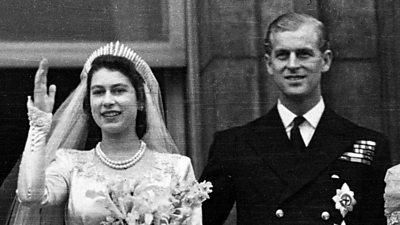
Princess Elizabeth and the Duke of Edinburgh married in November 1947. Winston Churchill described it as a flash of colour in the grey post-war Britain.
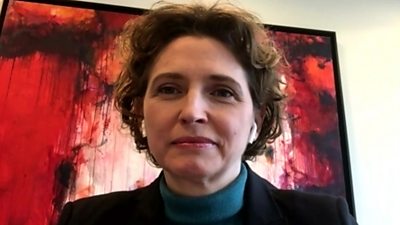
European Parliament vice-president Nicola Beer says heads of state must turn the EU summit on boosting vaccine supplies and distribution into a global response to the coronavirus pandemic. She told BBC World News the EU should join forces with global leaders, including UK Prime Minister Boris Johnson. A vaccine export ban would result in a…
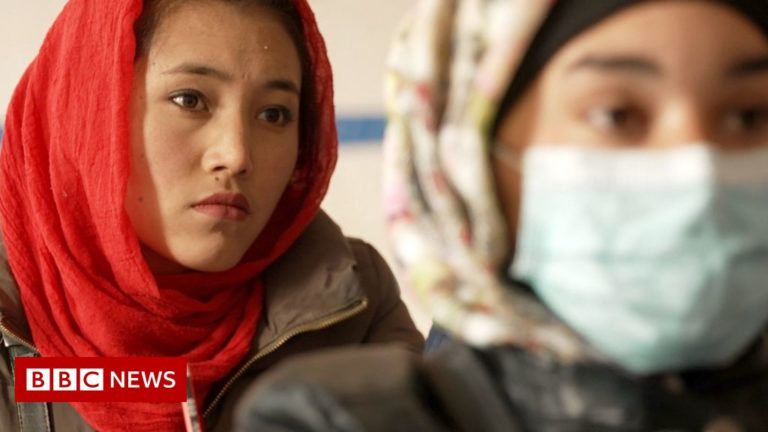
Female education – or the lack of it – has been seen as one of the biggest obstacles to the Taliban being officially recognised as Afghanistan’s new government. The Taliban have told secondary schools to open only for boys, but say their restrictions on girls studying are “temporary” in order to ensure learning environments are…

LJ Rich looks at some of the best technology news stories of the week including: Uber says it will pay UK drivers a minimum wage, holiday pay and pensions after losing a legal battle around workers’ rights A series of mindfulness videos designed to help children and families combat stress around online learning, screen time…
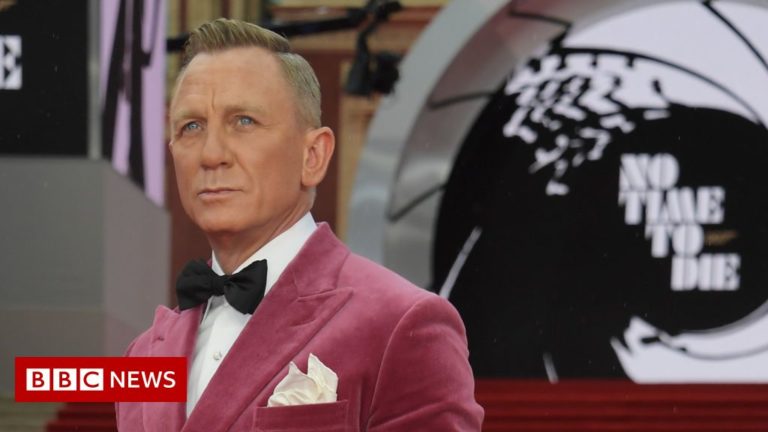
The latest James Bond film, No Time To Die, was delayed due to Covid three separate times. The stars of the movie are finally hitting the red carpet at the Royal Albert Hall in London on Tuesday evening. Daniel Craig, in the titular role of James Bond, spoke to the BBC’s Lizo Mzimba.
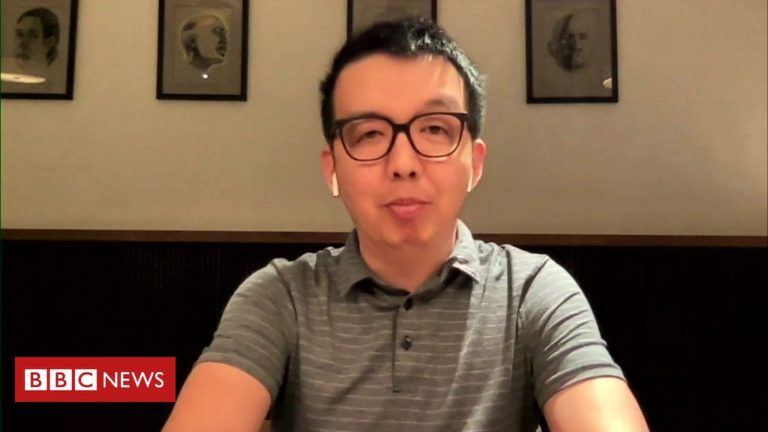
Attempts to stop Hongkongers marking the 32nd anniversary of the Tiananmen Square crackdown is having the opposite effect of what was intended, the managing director of the Hong Kong Democracy Council, Samuel Chu, has said. A public vigil to mark the anniversary has been banned by Hong Kong for the second year running citing coronavirus…